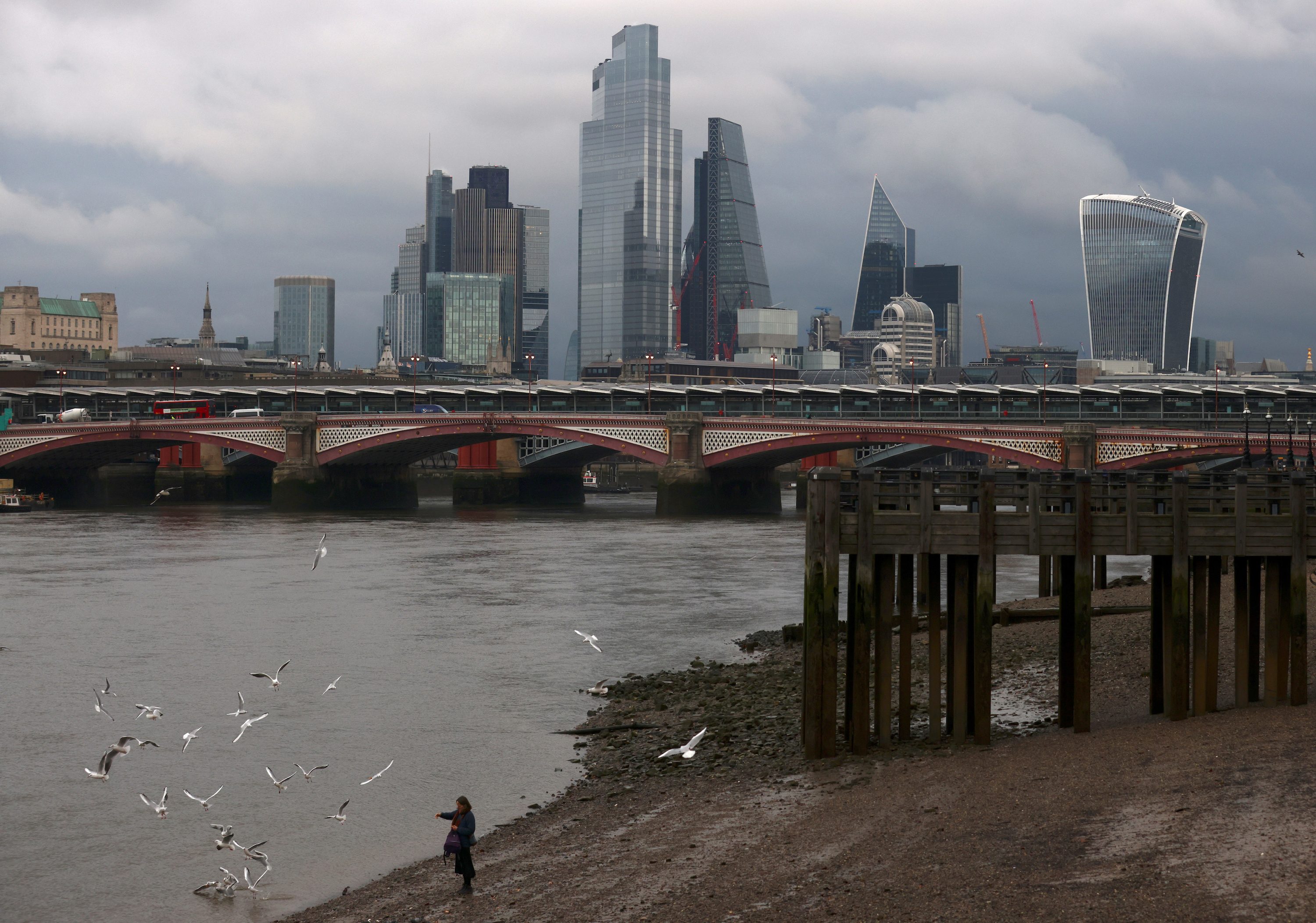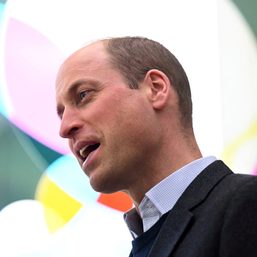SUMMARY
This is AI generated summarization, which may have errors. For context, always refer to the full article.

Britain’s economy shrank in November as it went into a new lockdown, but the decline was smaller than expected as businesses adjusted to social distancing and schools remained open, making a double-dip recession less likely.
The 2.6% monthly decline in the official data on Friday, January 15, was the first since April but less than half the average contraction forecast in a Reuters poll of economists. The scale was also far smaller than April’s 18.8% collapse during Britain’s first lockdown.
“Overall, the growing immunity to lockdowns suggests that the economy is not quite as sick as we thought,” said Paul Dales, chief UK economist at Capital Economics.
The world’s 6th biggest economy shrank more than its peers in the 1st half of 2020 and is now 8.5% smaller than it was in February, before the start of the pandemic.
A 3rd, stricter lockdown that began this month is likely to cause Britain’s economy to contract in the 1st quarter of 2021, when many businesses are facing post-Brexit barriers to trade with the European Union.
“It’s clear things will get harder before they get better and today’s figures highlight the scale of the challenge we face,” finance minister Rishi Sunak said.
But Britain’s rollout of vaccines – which has been faster than elsewhere in Europe – was a reason to be hopeful, he added.
Several economists warned that Britain remained at risk of a renewed recession, with the economy likely to shrink in both the final quarter of 2020 and the first 3 months of 2021.
But others thought a contraction might be avoided in the 4th quarter because November’s restrictions were lifted in December.
Bank of England Governor Andrew Bailey said this week that it was too soon to say if further stimulus would be needed after the central bank ramped up its bond-buying program to almost 900 billion pounds ($1.23 trillion) in November.
Friday’s data showed Britain’s economy in November was 8.9% smaller than a year earlier, compared with 6.8% smaller in October. In April, when many businesses closed temporarily, output was a record 25% below its year-ago level.
November’s downturn was led by services, where output fell 3.4% from October as pubs, restaurants, non-essential shops, and many other consumer services had to shut. Manufacturing grew by 0.7% and construction by 1.9%.
Part of the scale of the damage to Britain’s economy in 2020 reflects a decision by the Office for National Statistics (ONS) to take account of disruption to routine medical care and schooling caused by COVID-19, an approach which not all countries’ statistics agencies have taken. The ONS said this was less of a drag on gross domestic product in November. – Rappler.com
Add a comment
How does this make you feel?


![[Time Trowel] Evolution and the sneakiness of COVID](https://www.rappler.com/tachyon/2024/02/tl-evolution-covid.jpg?resize=257%2C257&crop=455px%2C0px%2C1080px%2C1080px)







There are no comments yet. Add your comment to start the conversation.